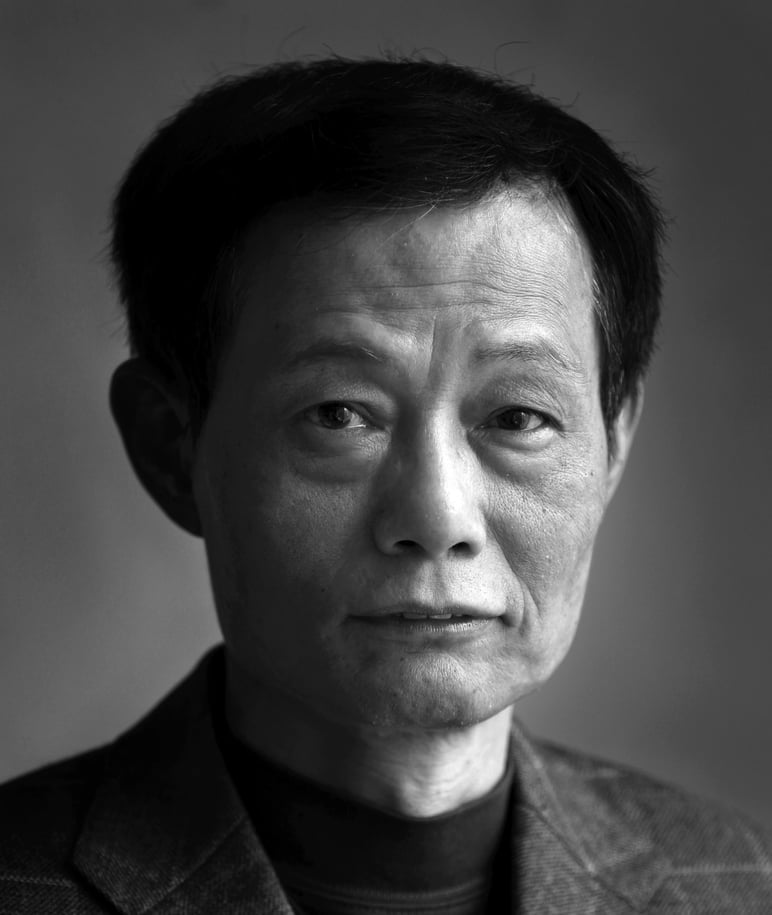
Just jailing corrupt generals won’t give China a clean and fighting fit PLA
Cary Huang says unless Communist Party leaders are willing to reform a political system that breeds graft, the capture of more ‘tigers’ is no solution
The life sentence imposed on Guo Boxiong (郭伯雄), the highest-ranking military officer to be jailed for corruption since the Communists seized power in 1949, may mark significant progress for President Xi Jinping’s (習近平) anti-graft campaign. But, at the same time, his indictment – and the fall of grace of a fellow vice-chairman of the all-powerful Central Military Commission, General Xu Caihou (徐才厚), who died of cancer in 2015 before he could answer corruption charges – have also exposed the contradictions of the party-state system, under which the army is run.
The People’s Liberation Army is known for its patriotism and discipline. Constant ideological indoctrination has prepared soldiers for hardship and sacrifice for the revolutionary cause. But ever since the introduction of market reforms, graft has become rampant among the rank and file.
Guo’s case is just the latest in a series of high-profile prosecutions of senior military figures, as part of Xi’s long-running campaign to root out corruption; 60 generals, serving or retired, have been netted so far.
‘Political mistakes’, more than graft, led to downfall of Chinese military chiefs Guo Boxiong and Xu Caihou
Both Guo and Xu were accused of having accepted “exceptionally large amounts in bribes”, largely from the sale of promotions. Hundreds more senior PLA officers are rumoured to be implicated.
Chinese leaders have long warned that graft among the party ranks and in the PLA has become so pervasive that it could undermine communist rule and China’s ability to wage war. Indeed, the anti-corruption sweep has come at a time when the country is seeking to project its power in the disputed waters of the East and South China seas.

PLA Navy ‘ready’ to counter aggression in South China Sea
Guo and Xu were the country’s most senior uniformed officers, second only to the civilian chairman of the commission – the party’s top leader. Their downfall is seen as a mark of success of the anti-graft campaign, yet real progress should not be measured by how many such “tigers” have been netted, but by whether the campaign could lead to an overhaul of a political system that has been a hotbed for corruption.
While the party propaganda machines trumpet the achievement, they fail to raise any meaningful questions, such as: why were the two generals promoted despite being so corrupt? Who was responsible for promoting them? And what is wrong with a political system that enables such an epidemic to spread so wildly and so fast without checks?

Xi orders Chinese military to step up to meet new risks caused by country’s rising economic might
The damage done by the two officers should not be underestimated. The first problem concerns the competence of many current commanders, as some would have been promoted through bribes, not merit. Another worry is the reliability of the army’s training, logistics and military hardware.
The most serious challenge is that corruption has destroyed officers’ and soldiers’ faith, either in the communist ideology or patriotism.
It is not the rapid modernisation of the PLA that would ensure China wins a war, it is the morality and quality of the PLA’s 2.3 million men and women. If PLA members care more about wealth than serving the country, how can they be expected to risk their lives to safeguard the country?
So the question to ask is not whether China’s armed forces are too corrupt to fight and win a war; the most serious question now is whether the leadership is realistic and brave enough to embrace fundamental reform to overhaul its political system and restructure its army.
Cary Huang is a senior writer at the Post

